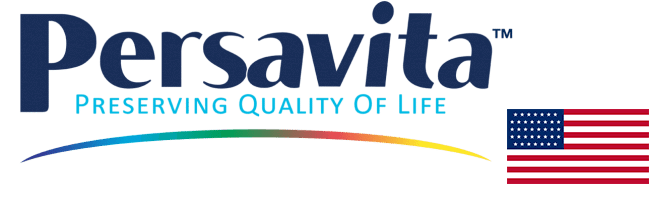Are you or a loved one experiencing the challenges of macular degeneration? This common eye condition can be concerning, but there’s hope – and it may come in the form of eye supplements. With the plethora of options available, finding the right supplement can be overwhelming. Fear not, as we’re here to guide you through the process of selecting the best eye supplement for macular degeneration.
Understanding Macular Degeneration
Macular degeneration is a progressive eye condition that affects the macula, the central part of the retina. This area is crucial for sharp, central vision, which enables us to see fine details, recognize faces, and read. There are two main types: dry macular degeneration, which involves the thinning of the macular tissues, and wet macular degeneration, characterized by abnormal blood vessel growth beneath the macula. As macular degeneration progresses, central vision deteriorates, potentially leading to blurred or distorted vision.
The Role of Supplements in Eye Health
Supplements have gained attention for their potential role in supporting macular health. While they cannot cure macular degeneration, they may help slow its progression and maintain eye health.
Key Nutrients for Macular Health
Certain nutrients have been linked to promoting eye health and potentially reducing the risk of macular degeneration:
Lutein and Zeaxanthin
These antioxidants are found in high concentrations in the macula and may help protect it from harmful light.
Vitamin C and Vitamin E
These vitamins contribute to the overall health of the eyes and may reduce oxidative stress.
Zinc and Copper
Zinc is believed to play a role in transporting vitamin A to the retina, while copper helps maintain the health of connective tissues in the eye.
Saffron and Resveratrol: Nature’s Beneficial Compounds
Introducing saffron, a spice celebrated for its potential in supporting macular health, and resveratrol, a compound found in red grapes and wine, recognized for its antioxidant prowess.
Different Types of Eye Supplements
There’s a variety of eye supplements available, each with its own formulation and focus:
AREDS Formulas
AREDS (Age-Related Eye Disease Study) formulations contain a combination of vitamins and minerals that have been studied for their potential to reduce the risk of progression in people with intermediate to advanced macular degeneration.
Omega-3 Fatty Acids
These essential fatty acids may support overall eye health and reduce inflammation.
Multivitamins for Eye Health
Some multivitamins are tailored to include nutrients specifically beneficial for eye health.
Consulting Your Eye Care Professional
Before starting any new supplement regimen, it’s essential to consult your eye care professional. They can provide personalized recommendations based on your specific needs and medical history.
Reading the Label: What to Look For
When selecting an eye supplement, carefully read the label. Look for key nutrients like lutein, zeaxanthin, vitamins C and E, zinc, and copper.
Consideration of Dosages
Pay attention to the dosages of individual nutrients. Some studies suggest specific amounts for optimal macular health.
Potential Benefits and Risks
Potential Benefits
While supplements may not guarantee prevention, studies suggest they might slow down the progression of macular degeneration and support overall eye health.
Possible Risks and Side Effects
Some supplements can interact with medications or have potential side effects, underlining the importance of professional guidance.
User Reviews and Recommendations
Hearing from others who have tried certain supplements can provide insights, but remember that individual experiences can vary.
Lifestyle and Diet Factors
Supplements should complement a healthy lifestyle and balanced diet rich in fruits, vegetables, and fish.
Choosing Between Brand and Generic
Both brand-name and generic supplements can be effective, but quality and sourcing should be considered.
Budget-Friendly Options
Quality supplements don’t always have to come with a hefty price tag. Research and compare options to find the best value.
Combination Approach: Supplements and Diet
A holistic approach combining supplements with a nutrient-rich diet may yield the best results.
Staying Consistent and Patient
Results may not be immediate. Consistency and patience are key when it comes to eye health.
Conclusion
In the realm of macular degeneration, finding the best eye supplement requires careful consideration of nutrients, formulations, and professional guidance. Remember, supplements are not a substitute for medical treatment, but they can be a valuable addition to your eye health regimen.
FAQs
- Can supplements cure macular degeneration? Supplements cannot cure macular degeneration, but they may help slow its progression and support eye health.
- Are there any side effects of taking eye supplements? Some supplements may have potential side effects or interact with medications. Consult your healthcare provider before starting any new supplement.
- Should I choose brand-name or generic supplements? Both options can be effective, but prioritize quality and consult professionals for recommendations.
- How long should I take supplements before expecting results? Results may vary, but maintaining a consistent regimen over an extended period is important.
- Is a healthy diet alone sufficient for macular health? A balanced diet is crucial, but supplements can complement your dietary efforts for optimal eye health.

Leave a comment
This site is protected by reCAPTCHA and the Google Privacy Policy and Terms of Service apply.